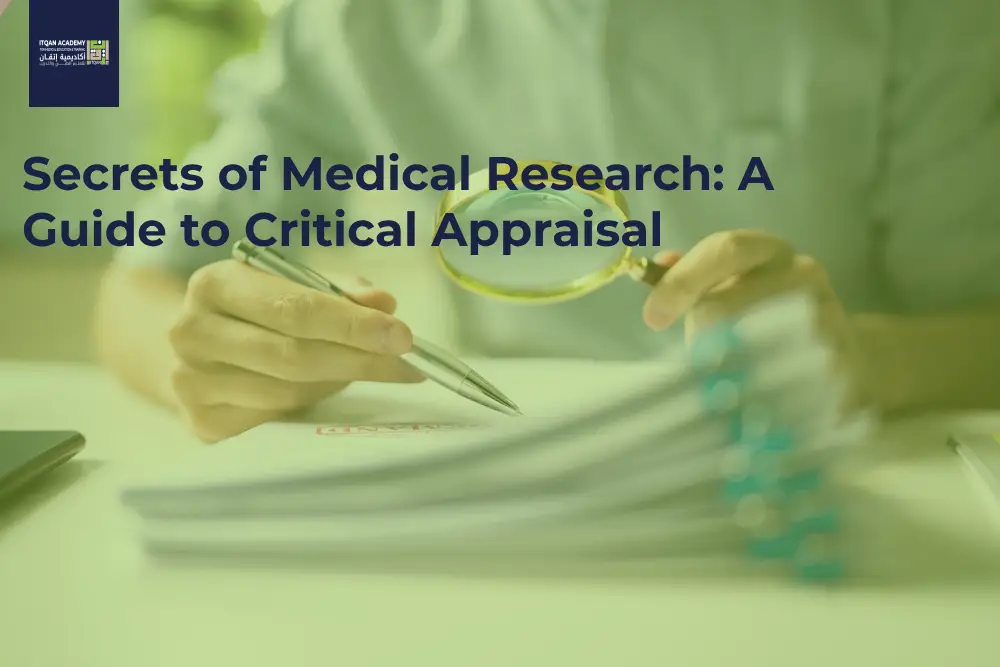Have you ever wondered about the accuracy of scientific breakthroughs reported in the news? Critical appraisal is the key to unraveling the truth behind medical research headlines. In this guide, we explore the significance of critical appraisal, offering insights into its process and practical application.
What is Critical Appraisal?
Critical appraisal, an integral part of evidence-based practice, involves five key steps. This guide focuses on step three: appraising the articles found. This crucial process examines internal validity, impact, and external validity.
Why Critically Appraise?
Understanding the reliability, influence, and relevance of presented evidence is essential for healthcare professionals. Practitioners, aiming to align with research discoveries, benefit from critically appraising evidence to make informed clinical decisions.
How do I Critically Appraise?
To make critical appraisal practical, various checklists have been developed. These checklists guide practitioners by prompting questions tailored to different study types. Repetition builds confidence, making critical appraisal second nature with experience.
How do I Identify Study Types?
Identifying the study type described in a paper is vital for effective critical appraisal. While some papers explicitly state the study type, others require a bit of detective work. The guide recommends using critical appraisal checklists and understanding the typical features of common study types.
Reporting Guidelines
Authors should adhere to reporting guidelines when documenting research. The EQUATOR Network provides valuable reporting guidelines for different study types. These guidelines ensure consistency and prompt critical appraisers to assess whether essential elements are included in the paper.
Which Checklist Should I Use?
Choosing the right critical appraisal checklist depends on factors like fitting the study, reliability, personal comfort, and understanding. The guide recommends several widely accepted and easily applicable sources, such as CASP, JBI, CEBM, SIGN, STROBE, and BMJ Best Practice.
Conclusion:
Critical appraisal is a practical and essential aspect of evidence-based practice. This guide aims to demystify critical appraisal, making it accessible for healthcare professionals seeking to enhance their skills in evaluating medical research.
Resources:
Hoffmann T, Bennett S, Del Mar C. Evidence-based practice across the health professions. 2nd ed. Elsevier Churchill Livingston; 2013.
Greenhalgh T. How to read a paper: the basics of evidence-based medicine. 5th ed. Wiley; 2014.
Harris M, Jackson D, Taylor G. Clinical evidence made easy. Scion Publishing; 2014.
Aronoff SC. Translational research and clinical practice: basic tools for medical decision making and self-learning. Oxford University Press; 2011.
